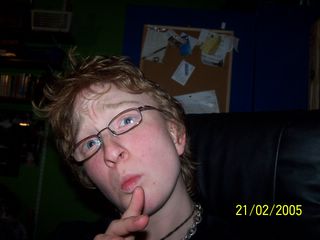"How do you know how many words?"
She laughed. "I count them all… no, I use the automatic word count on my word processor."
"But… It is not accurate. It contains not real words."
"No, it doesn’t count symbols."
"But… like ‘a’.
"‘A’ is a word."
"Not real word. I never count."
"But," she huffed "you can’t say ‘a’ is not a word? How is it not a word?"
"It makes nonsense. It has no… no meaning ."
"Of course it has meaning - the English language doesn’t function without it."
"What then, what it mean?"
" it signifies an indefinite object. It’s an indefinite article."
"Like what?"
"Well, you can say ‘the mouse’ if you are talking about a specific one, but if it is not a particular mouse, it’s ‘a mouse’."
"So, it means, ‘any’?"
"No. ‘any’ is different. It can be used for one, some, or all of something. ‘A’ is more specific. It talks about one unspecified thing."
"but, it does not mean anything, really."
"It does!"
"But, it is only one letter. It’s not proper word."
"You can’t say that! That’s discriminatory! If you can’t have one letter words, can you decide not to have long words one day? Besides, there are some scripts where one character is interpreted as a whole phrase. They’re necessary!"
"No. I am talking only of the English language. It means nothing."
"But… if ‘a’ is not a proper word, what about ‘an’. That’s got two letters!" she smirked triumphantly. "and it means the same thing."
"So you can just use it instead."
"No, you use ‘a’ with words that start audibly – the way you hear it – with consonants, like the letter ‘c’, and you use ‘an’ with words which start with vowels, or sound as though they do. Although there are exceptions."
"Still, in my head, is not a word!"
"Look, I spend half my time writing, and reading, and editing people’s work. I love semantics. I work with the English language every day; it is my tool! You will not win this one!"
"It’s not word!"
Saturday, October 15, 2005
Subscribe to:
Post Comments (Atom)


1 comment:
The last line :):)
Post a Comment